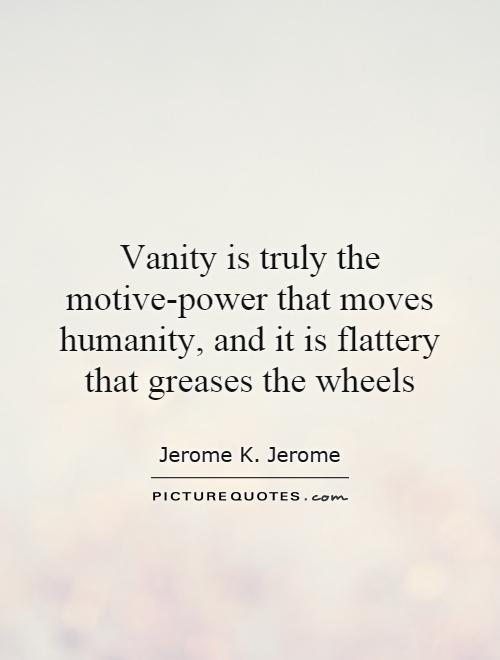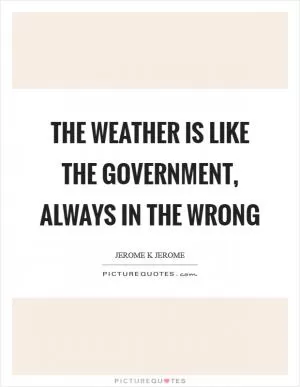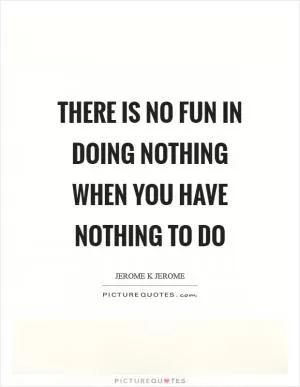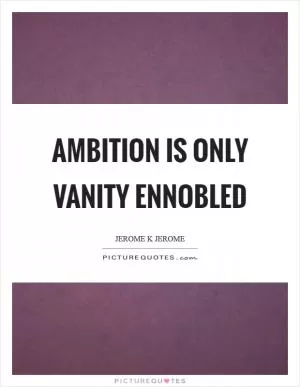Vanity is truly the motive-power that moves humanity, and it is flattery that greases the wheels

Vanity is truly the motive-power that moves humanity, and it is flattery that greases the wheels
Jerome K. Jerome, the renowned English writer and humorist, is perhaps best known for his classic novel "Three Men in a Boat." However, his keen observations on human nature and society are evident in many of his other works as well. One such observation is the idea that vanity is the motive-power that moves humanity, and that flattery is the grease that keeps the wheels turning.In Jerome's view, vanity is a powerful force that drives people to seek recognition, admiration, and validation from others. It is the desire to be seen as important, attractive, or successful that motivates individuals to strive for success, to compete with others, and to constantly seek approval and praise. Vanity can manifest itself in various ways, from the need for material possessions and social status to the desire for fame and recognition.
Flattery, on the other hand, is the tool that others use to manipulate and influence those driven by vanity. By appealing to people's egos and stroking their pride, flatterers can gain favor, win trust, and achieve their own goals. Flattery can be subtle or overt, sincere or insincere, but its ultimate purpose is to feed people's vanity and make them more susceptible to persuasion.
Jerome's observation about vanity and flattery is as relevant today as it was in his time. In a world where social media and celebrity culture dominate, the pursuit of validation and approval has become more pervasive than ever. People are constantly seeking likes, followers, and comments to boost their self-esteem and feed their vanity. At the same time, flattery is used by politicians, advertisers, and influencers to manipulate public opinion, sell products, and gain power.












 Friendship Quotes
Friendship Quotes Love Quotes
Love Quotes Life Quotes
Life Quotes Funny Quotes
Funny Quotes Motivational Quotes
Motivational Quotes Inspirational Quotes
Inspirational Quotes